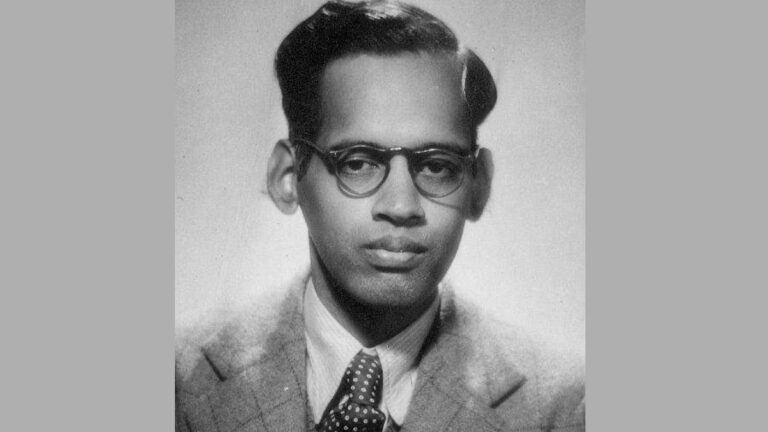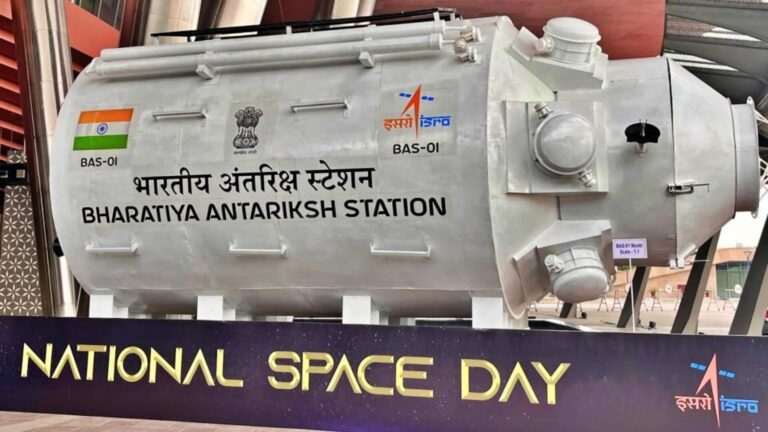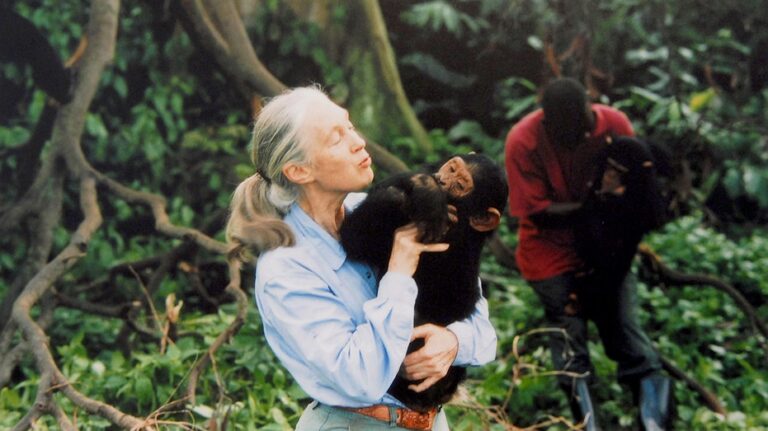Melbourne professor Richard Robson among Nobel Prize chemistry winners
Category: science
GN Ramachandran: Celebrating The Legacy Of A Pioneer In Biophysics
GN Ramachandran was a pioneering Indian scientist whose groundbreaking contributions transformed the study of protein structure. He was born on October 8, 1922. His work has had a lasting impact on biochemistry and molecular biology, and his name is etched in the history of scientific research due to his pioneering methods in understanding the three-dimensional structures of proteins.
Surprising health benefits of pomegranate peels
Surprising health benefits of pomegranate peels
SpaceX’s Falcon 9 rocket launched for 125th time this year
SpaceX’s Falcon 9 rocket launched for 125th time this year
SpaceX’s Falcon 9 rocket launched for 125th time this year
SpaceX’s Falcon 9 rocket launched for 125th time this year
SpaceX’s Falcon 9 rocket launched for 125th time this year
SpaceX’s Falcon 9 rocket launched for 125th time this year
First direct air cargo from Goa to Antarctica launched
The cargo flight loaded with 18 tonnes of essential supplies, including scientific equipment, medicines, and annual provisions for Indian research stations in the Antarctic, took off from Manohar International Airport, Mopa, in North Goa on Thursday.
Biopharmaceutical Fermentation Market Forecast Projects Strong Growth in North America and Europe
InsightAce Analytic Pvt. Ltd. announces the release of a market assessment report on the “Global Biopharmaceutical Fermentation Market – (By Product (Upstream Process (Bioreactors/Fermenters, Bioprocess Analyzers, Process Monitoring System, Culture & Media Preparation, Other Upstream Products), Downstream Products (Filtration and […]
European astronauts may live, work on India’s space station
Josef Aschbacher, Director General at the European Space Agency (ESA), has confirmed that European astronauts could soon be living and working aboard India’s ambitious new space station project, the Bharatiya Antariksh Station (BAS).
Jane Goodall, pioneer who discovered chimpanzees use tools, dead at 91 during U.S. tour
Dr. Jane Goodall, the pioneering primatologist who discovered chimpanzees use tools and revolutionized our understanding of primates, has died at age 91.
















